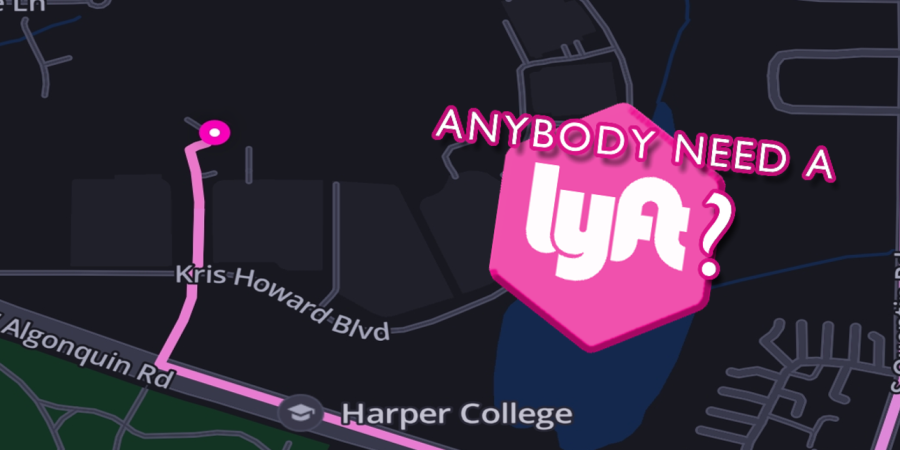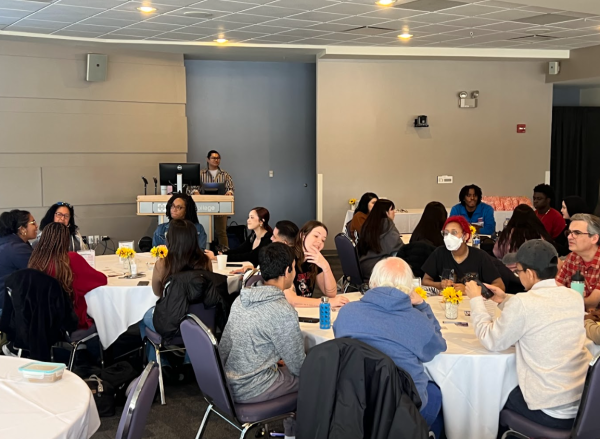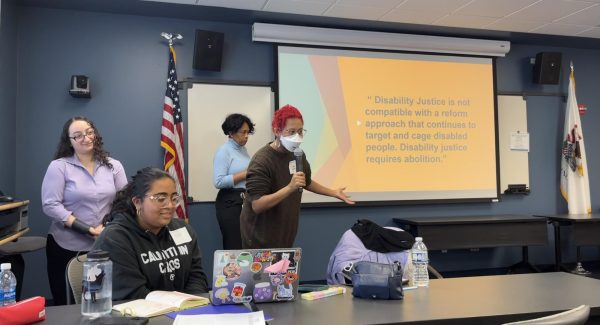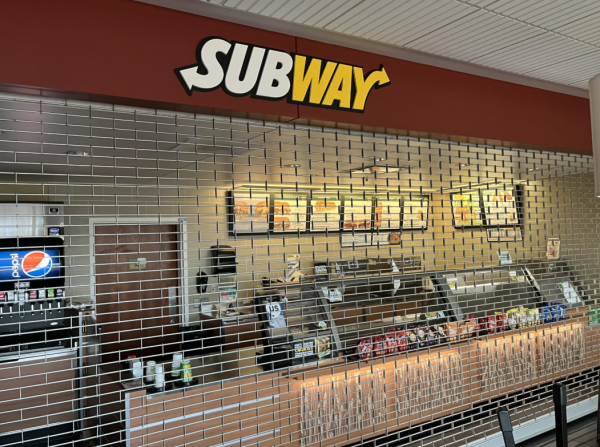Harper and Lyft team up to help ridesharing students save on their commute with new Lyft Pass
As a Harper student who doesn’t own a car and has to frequently use rideshare apps as a means of transportation, Cole Lebrecht expressed his difficulties with getting to campus.
“I’d usually spend about $80 a week getting to and from Harper,” Lebrecht said.
This is an expensive thorn in the side of many Harper students in a similar position – however, with Harper’s new Lyft Pass Program, students will now have access to an avenue that will make getting to campus easier and cheaper.
With the Lyft Pass, students that are enrolled in classes are eligible to receive codes for discounted rides on the Lyft rideshare app.
Harper’s new Lyft Pass Program is a pilot program that aims to offer an avenue for students to get to and from school by offering Harper students discounted rides—up to $10 dollars off eight rides per month. Any unused rides will expire and won’t carry over to next month.
The way the Lyft Pass works is that you sign up for Lyft with your Harper email address. When getting a ride, you specify where you want to be picked up from and where you are going: in this case, a ride that starts or ends at Harper. Any rides that aren’t going to or from Harper will not be discounted.
“We received a list from our registrar noting all of the students that would be considered eligible to receive a code, and [that is] pretty much just anyone that is enrolled in a class,” Associate Dean of Students Christopher Maxwell said.
“We get that batch listing from the registrar and we upload that listing into the dashboard,” Maxwell said. “Once it’s uploaded and we submit, an invitation from Lyft goes out to those students, and they accept the invitation through the email.”
The students that have the least amount of access to transportation will benefit the most from the Lyft Pass. For example, this would include students who don’t own a car or have loved ones with conflicting schedules that can’t drop students off at campus.
Currently, there are no designated drop off points on Harper’s campus.
The Lyft Pass also has support from the Hawks Care Research Center by offering gas cards to students if they need them.
Lebrecht signed up for the Lyft Pass and gave very positive impressions from his experience using the program. He also believes that the Lyft Pass would be something that he would continue to use and benefit from as long as it remains available.
“I was able to put in exactly where I needed to get dropped off,” Lebrecht said. “I would end up spending $40 bucks a week if I traveled only using that.”
Back in 2019, Harper formed a task force with members that included faculty, staff, community leaders, business leaders and elected officials for the purpose of better understanding the needs of students. Access to transportation was one of those needs.
Harper Chief of Staff Jeff Julian did some research and found similar programs with Lyft had been implemented at four-year institutions, and that this concept could similarly work for a two-year institution.
“Lyft was the most responsive and helped us create a pilot program that would serve our students well,” Julian said.
Alongside Harper’s other transportation avenues such as Pace, the 697 and the bike share program, the biggest goal is to make transportation better for students.
“Our goals for all these programs are to improve access to campus for our students and make getting to and from Harper more affordable because we know when we remove barriers, our students are more likely to be successful in the classroom and continue to pursue their educational goals,” Julian said.
According to Julian, 456 students have enrolled for the Lyft Pass as of Nov. 10th, 246 of which have taken at least one ride.
The Lyft pass is slated to run from September 2022 to March 2023 according to the Harper website. Maxwell believes that the program should remain at Harper as an avenue for students to utilize.
“I’m hopeful that it still continues,” Maxwell said. “Students need as many access points to transportation as possible. Considering this is a pilot, it’s also acknowledging that it can go forward, or it could sunset.”








Jeff Przybylo • Feb 4, 2023 at 6:20 pm
Nice article. So cool that Harper is doing this.